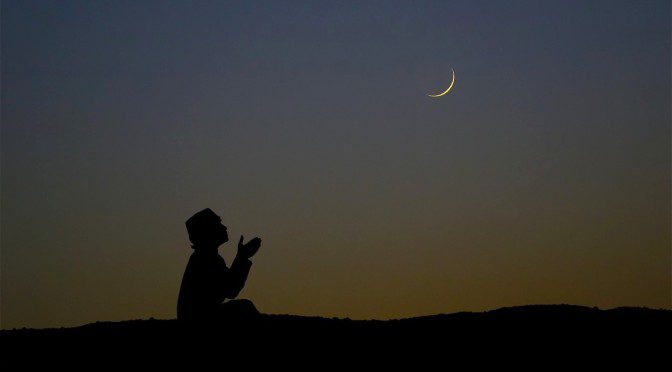Many Muslims are flocking to the markets of the Senegalese capital, Dakar, to do their shopping in anticipation of price hikes generally occurring during the month of Ramadan.
In less than a week, Fasting will begin around the world. In Senegal, where 95 percent of the population is Muslim, religious fervor is at its peak during this period. Ironically, spending of all kinds is reaching peaks. But the new coronavirus has hit the purses of many households.
Fama Ndiaye, a merchant in a shop in the Ouakam market (Dakar district) is holding a carton of powdered milk in her hand. For this 40-year-old lady now is the time to rationalize: “We are going through very hard times. Our purchasing power has decreased. I therefore negotiate the prices. Previously, I could pay without bargaining.”
This place of trade receives a huge crowd composed mainly of women. They come to get their supplies of basic consumer goods. Very upset, Arame Kama denounces the high cost of products and holds the sellers as the ones to blame.
“Every year they increase prices as the month of Ramadan draws near. Therefore, the earlier we come to the market, the better. Otherwise, we risk paying more,”she complains.
Sufficient supply
This accusation is rejected en bloc by Thierno Birahim. Originally from central Senegal, this trader invokes the repercussions of the global health crisis on the international transport of goods. “It’s too easy to blame it on traders when you don’t know how trade works,” he laments.
A shortage in the middle of Ramadan is the other concern of consumer associations. According to Thierno Birahim, a shortage is unlikely. In any case, at the Ouakam market, bags of potatoes and onions are visible everywhere.
A fish seller, Kine Diouf also tries to be reassuring: “The fish is available and prices are really affordable. It all depends on the purchasing power of the customer.”
What about the Covid-19?
The pandemic had deeply changed habits last year. The restrictive measures taken by the government to stem the spread of the virus had notably resulted in the closure of mosques, the cancellation of several religious conferences and numerous solidarity actions.
However, even if the virus is still active, a gradual return to normal is possible with the end of the state of health disaster and the start of the vaccination campaign across the country.
ARD/id/fss/abj/APA


